Amid the doom and gloom that Putin, Brexit, and Trump provoked across the West, it might seem audacious to talk about Europe as a beacon of hope. Yet, I contend that 2017 might turn out to be the year when Europe, far from imploding, becomes just that for liberal and progressive forces across the world. While we are all too familiar with what has gone wrong and what might go worse, I think that we should be alert to a variety of positive (and far too often under-reported) signs coming from across the Atlantic.
Led by Geert Wilders, the Eurosceptic, anti-immigrant Party of Freedom failed to breakthrough in the March 15 Dutch elections. There is reason to celebrate. Wilders’ is the only major party in the country that openly promotes a xenophobic, nationalist, populist, and racist public discourse. The five other major parties in the country are, to different extents, liberal, progressive, and pro-European. These liberal forces received the support of an overwhelming majority of citizens and, in some instances, significantly increased their share of the vote. As long as these progressive forces refuse to compromise on their values by entering into an alliance with the Party of Freedom, Geert Wilders will keep making noise, but not policy.
French citizens will spend most of their spring going to the polls. First, they will vote (most likely twice) for a new president. Then, they will vote (again twice) for the National Assembly. Through a formidable PR campaign, Marine Le Pen has been extremely skillful at turning her extreme right-wing National Front into a mainstream political party. She now dreams of the presidency. Unfortunately for her, in the first round of the presidential elections she is unlikely to receive the 50 percent-plus one of the votes that she would need for it. Since she would then face a single candidate in the second round (most likely the centrist Emmanuel Macron or the conservative François Fillon), all polls predict a major defeat for her.
Unlike in the United States and the United Kingdom, Europe’s proportional systems and coalition-based party politics make it very difficult for right-wing populists such as Wilders and Le Pen to ever form a government. This is the same reason why, in Germany, the federal elections in September will see the far-right Alternative für Deutschland failing to come to power. Within this context and certainly against their wishes, Putin, Brexit, Trump, Wilders, Le Pen, and Alternative für Deutschland are all fundamentally contributing to nurture an open, liberal, progressive, and united Europe. They are doing so by bringing together like never before European grassroots movements, civil society, and citizens groups.
Within this context and certainly against their wishes, Putin, Brexit, Trump, Wilders, Le Pen, and Alternative für Deutschland are all fundamentally contributing to nurture an open, liberal, progressive, and united Europe.
Immediately after Brexit last year, the United Kingdom witnessed the unthinkable: tens of thousands marching for Europe. Soon after, the election of Donald Trump horrified many Europeans: they joined the Women’s March in massive numbers across Europe. Only last month, Romanians were demonstrating against corruption in numbers not seen since the end of Nicolae Ceausescu’s rule. And they were waving European flags. Concerned citizens are coming together to defend the achievements of the European project and to call for more Europe as they seek to build their shared future. The key question is whether and to what extent they can build on this momentum.
On Saturday, March 25, co-ordinated and simultaneous “Marches for Europe” are planned to take place across many European cities. Organized independently of any political party, these public actions will bring together Europeans from across the political spectrum to send a strong message of hope, tolerance, openness, and European unity. As more pan-European public actions are scheduled to take place in the lead up to the summer, we might be about to witness the very first signs of a (much unexpected) European Spring.
The Brookings Institution is committed to quality, independence, and impact.
We are supported by a diverse array of funders. In line with our values and policies, each Brookings publication represents the sole views of its author(s).

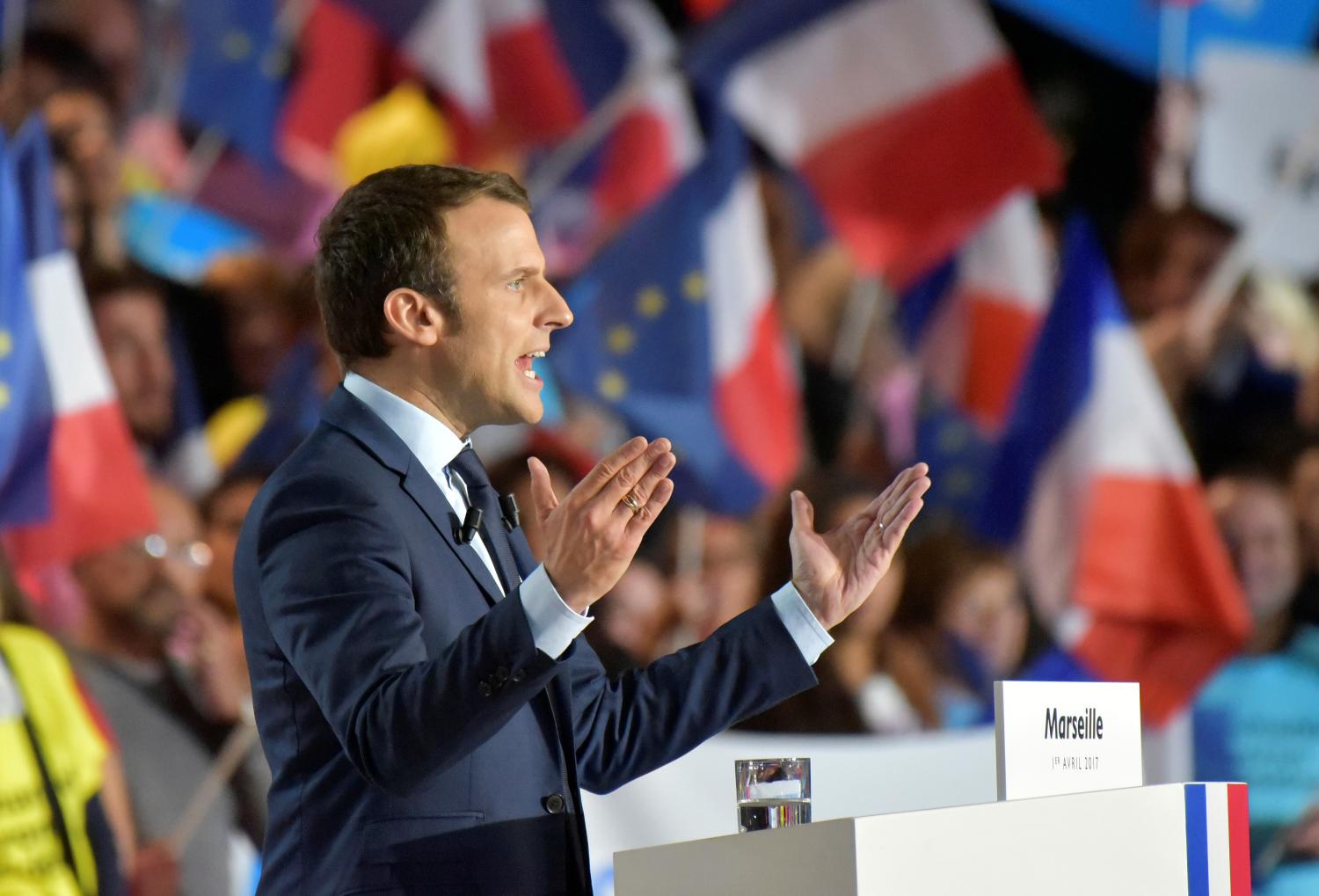
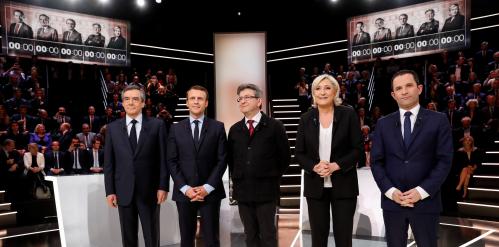
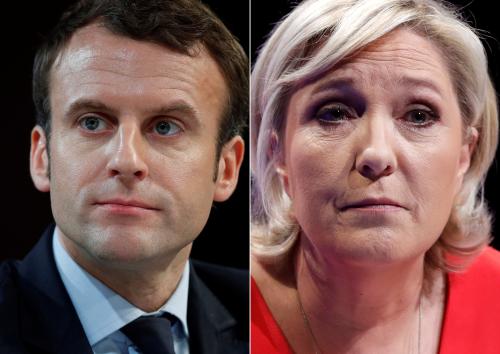
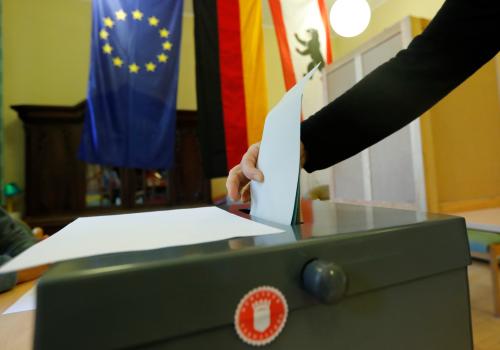
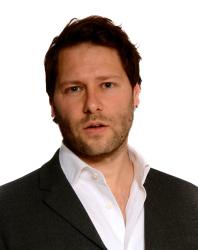



Commentary
A “European Spring” in the making?
March 20, 2017